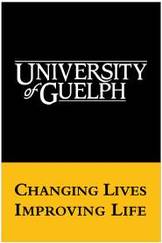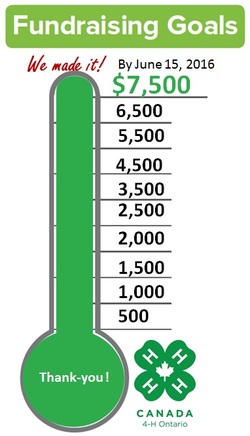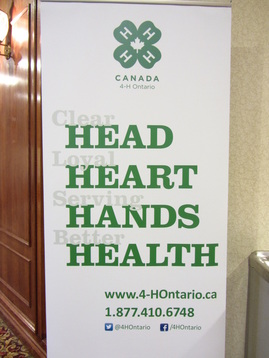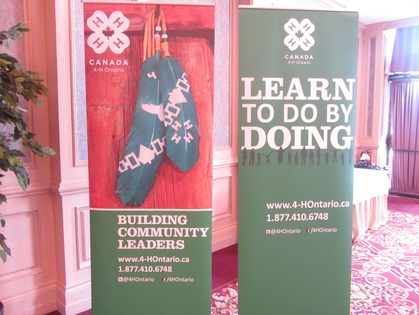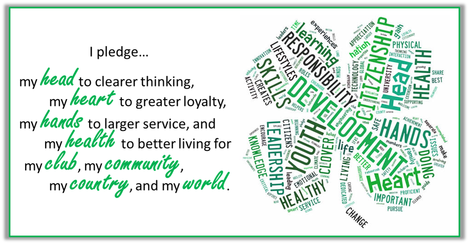The 4-H Horse Club Resilience Project
Asking: What does resilience look like to participants? What other life skills do they acquire? What facilitates these outcomes?
Participants across Ontario filled in surveys, interviewed, and provided visual data to tell their story. Findings show 4-H as Green Care, therapeutic recreation, farm-space outdoor experiential learning, and sport for positive youth development. Conclusions make some practical recommendations for youth program design. The final research thesis is now available! Download it at: https://atrium.lib.uoguelph.ca/xmlui/handle/10214/13965 ABSTRACT: (copied directly from Sansom, H. (2018). Rural Recreation for Resilience: Youth Development and Life Skill Outcomes in 4-H Ontario Horse Clubs- Application of a resilience and rural lens to physical activity for psycho-social wellbeing. [PhD Thesis, University of Guelph, pp ii-iii] ) Canada has widely acknowledged deficits in population physical and mental health, especially for marginalised populations such as those in rural areas. Low scores on youth wellbeing create a need for new options to promote physical activity and psycho-social skill development. While there are lower health indicators for rural areas, they are rich in assets for contextually relevant physical recreation and youth development activities. Equine activity, that is an Olympic sport, leisure activity, and physical and mental health therapy, is one such option. This study examined resilience and other life skills through participation in 4‑H horse clubs. 4-H is an international youth development organization that has been in Canada for over 100 years. Arising at the same time as Scouts and other established youth development organizations, 4-H was uniquely dedicated to the needs of rural communities. Today clubs are in urban and rural areas, with a variety of topics. They are community-based, low-cost, and often inclusive of persons with different abilities. Horse clubs were targeted because of the wealth of literature available on therapeutic equine activity, and because of 4‑H’s unique use of this form of physical recreation within a positive youth development framework. The study used a three-phase, mixed-method approach within a resilience lens: 1) an online survey to all horse club members (536, n = 56) and leaders (105, n = 4) across Ontario incorporating the Child and Youth Resilience Measure (CYRM-28) and Schwarzer and Jerusalem Self-Efficacy Scales; 2) key informant interviews (n = 10); and 3) group youth interviews with image elicitation (5 clubs, n = 30). Youth with different needs due to disability, cognitive ability, family situation, social status or other risk factors were included. Findings indicated high levels of resilience resources. Participants described resilience, together with other outcomes such as confidence and transferrable social and workforce skills. They also discussed processes that they felt facilitated these benefits. Findings are relevant to sport for positive youth development, therapeutic recreation, animal and nature-based programming, equine programming specifically, and to rural community development. Earlier Research Project Updates: Feb., 2017: Research project update- some preliminary results and project summary Article "Resilience Research' in Leadership in Action, 4-H, volume 16, issue 2, page 12. 4-h_resilience_research_update_summer_2016.jpg Other Documents: Canadian Mental Health Association, Mental Health for All Conference presentation abstract Conference Presentations: Rural Revitalization Foundation Rural Futures Conference Presentation (Guelph, ON) 2016/10 and Equine Futures (Stockholm, Sweden) 2016 /10 Conference Presentation Poster: Sport for Resilience: Exploring Green Physical Activity as a Culturally Relevant Vehicle for Fostering Rural Youth Resilience
| ||||||||||||||||||||||||||||
Site powered by Weebly. Managed by Web Hosting Canada

